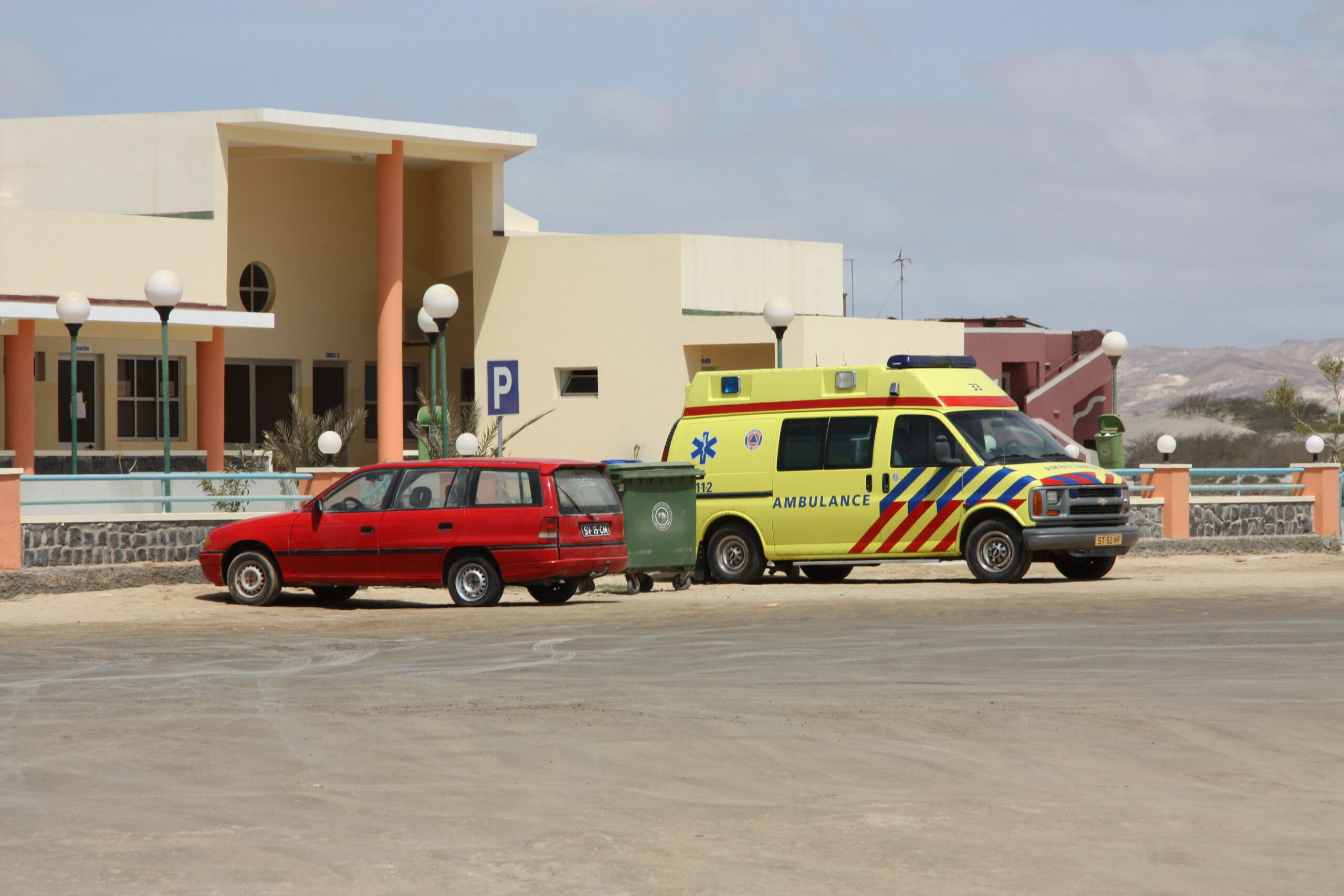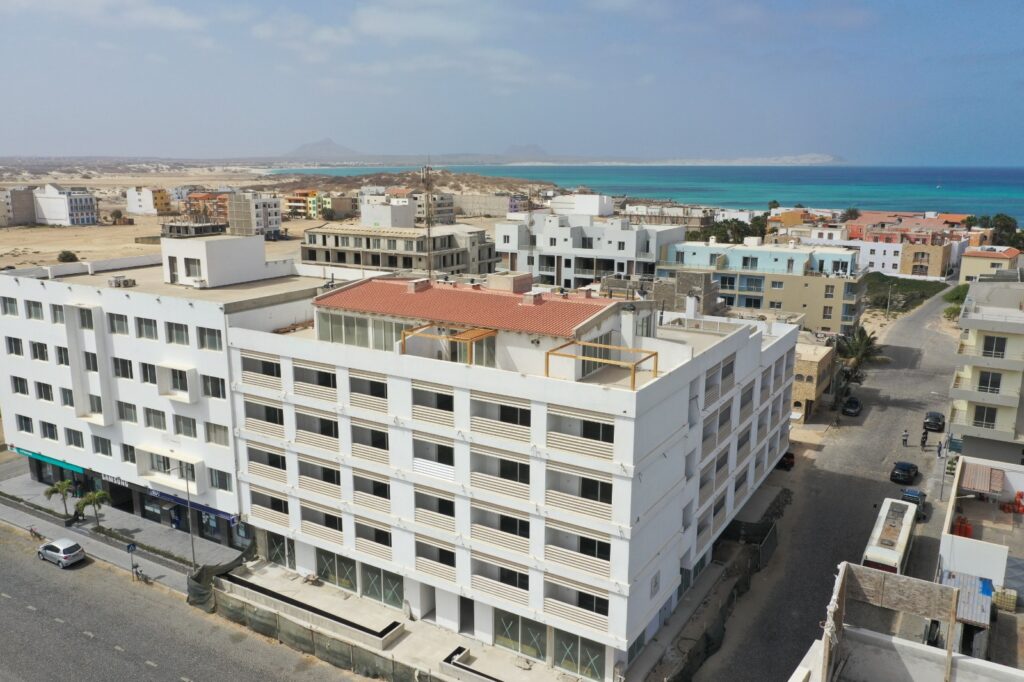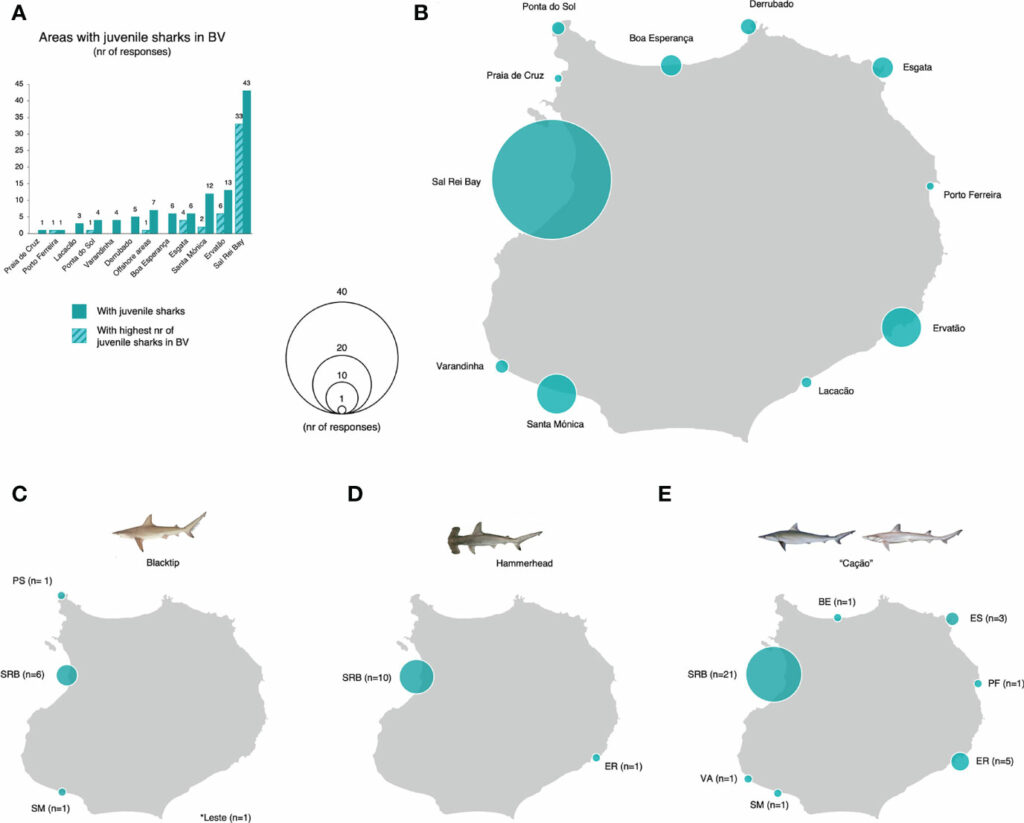Improvements in telecommunications and healthcare in Cape Verde

Cape Verde’s Minister of Finance Olavo Correia met with important investors to discuss the country’s potential for growth. Poverty and a lower capacity for innovation were identified as barriers to economic growth, however, Cape Verde is poised to make important changes that can break these barriers.
The Chinese telecommunications company Huawei partnered with Cape Verde last month to conduct a “pilot experiment” that would provide 5G technology to one of the islands. The island of choice has yet to be determined. Olavo Correia has declared an interest in an agreement between the country and the Huawei group to progressively introduce the 5G network across the country in phases, stating “this is the change the country needs. The speed, service proximity, efficiency and management transparency that this technology will allow. And we, the Government, want to make Cabo Verde a digital nation.”
During the conference, Angolan investor Isabel Dos Santos claimed that “Cape Verde has all the conditions to become a hub for health tourism.” Although there is much room for improvement in this sector, the World Health Organization applauded Cape Verde for it’s progress. Since its independence in 1975, Cape Verde has made significant advances in healthcare, from increasing the number of doctors, to decreasing infant mortality and increasing the average life expectancy. Work is also being done to provide equal access to healthcare, with 80% of the population currently living within 30 minutes of a health facility. Cape Verdeans are all entitled to basic healthcare coverage that provides emergency treatment, prenatal care, and the treatment and prevention of infectious diseases such as malaria, TB and HIV. In addition, the WHO estimates that 40% of the population have social health insurance plans given to them by their employers.
The introduction of telemedicine in 2012 has also increased access to specialized care within the country, decreasing the need for evacuation to other countries or to islands with large hospitals. Although specialized healthcare is currently centred on the islands with the largest populations, like Santiago and São Vicente, regionalization and decentralization of the national health sector promises to improve access to healthcare on Boa Vista, Sal, and other smaller islands.





